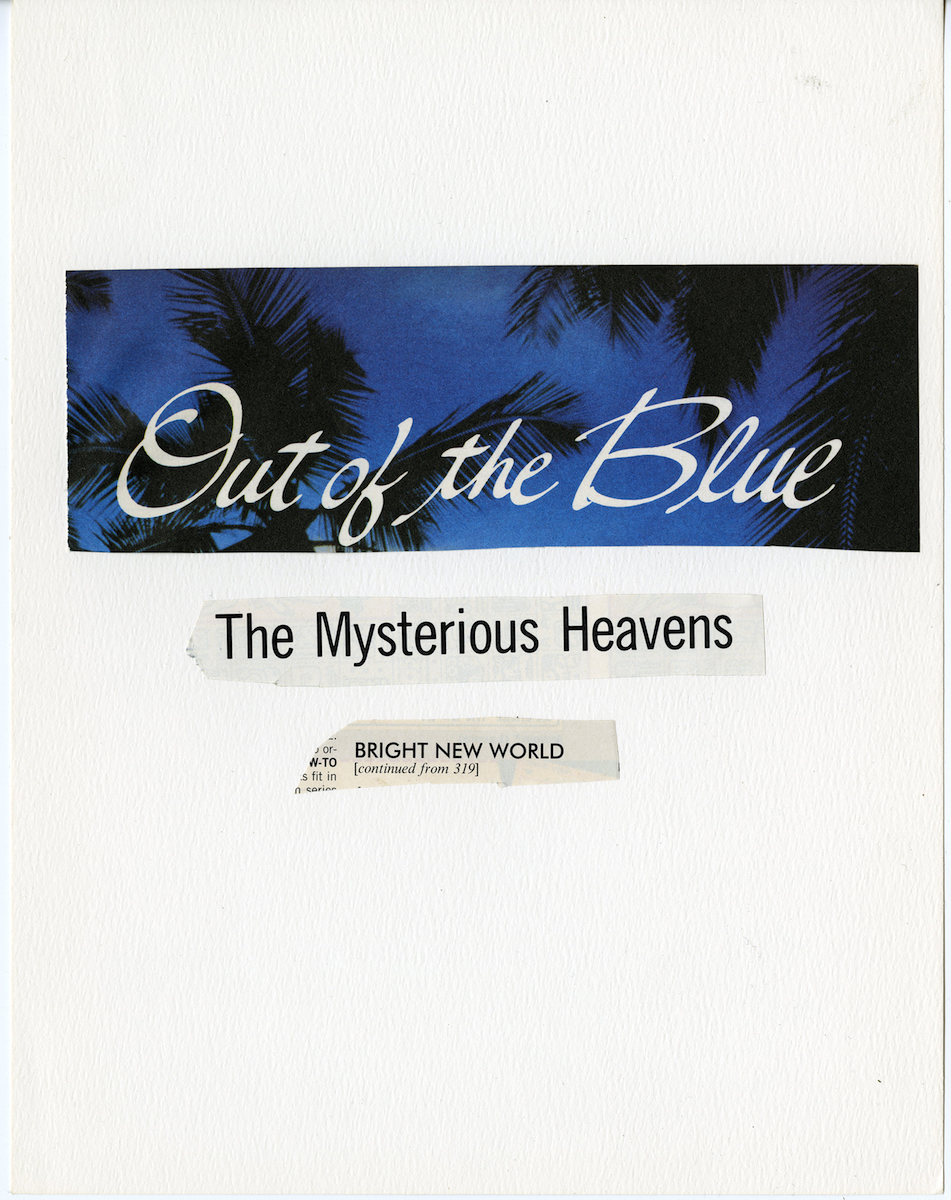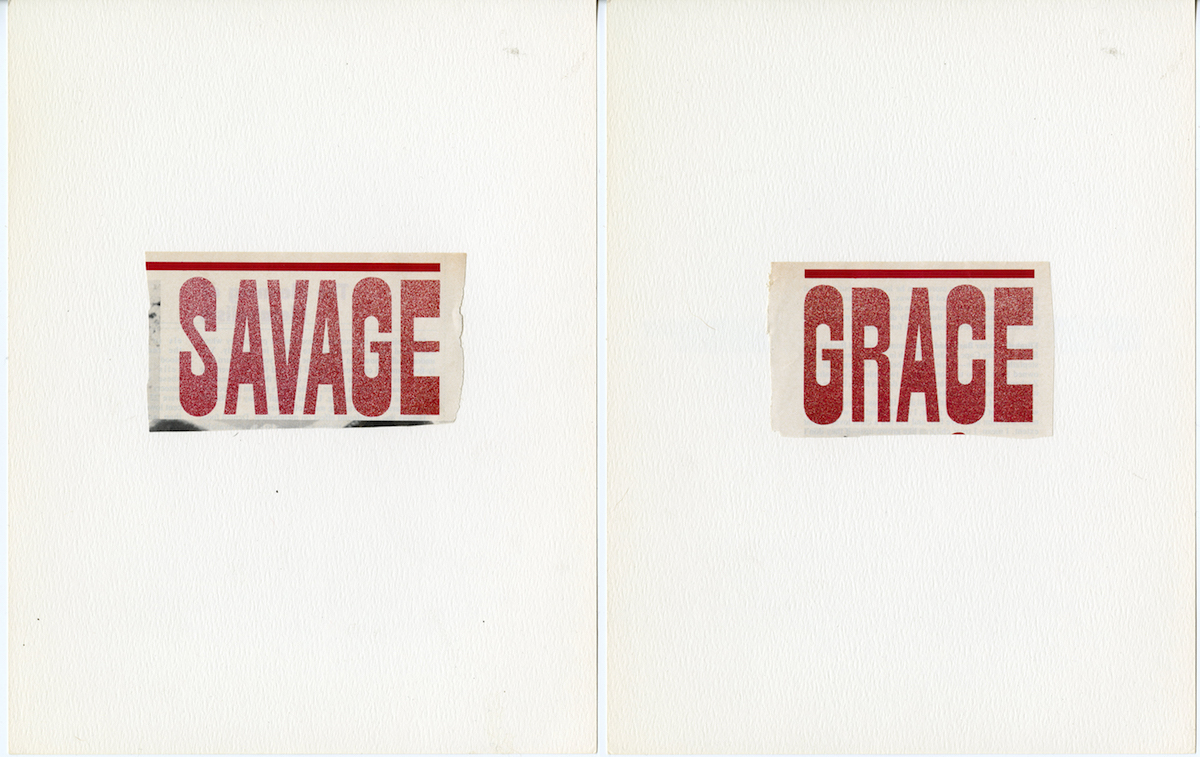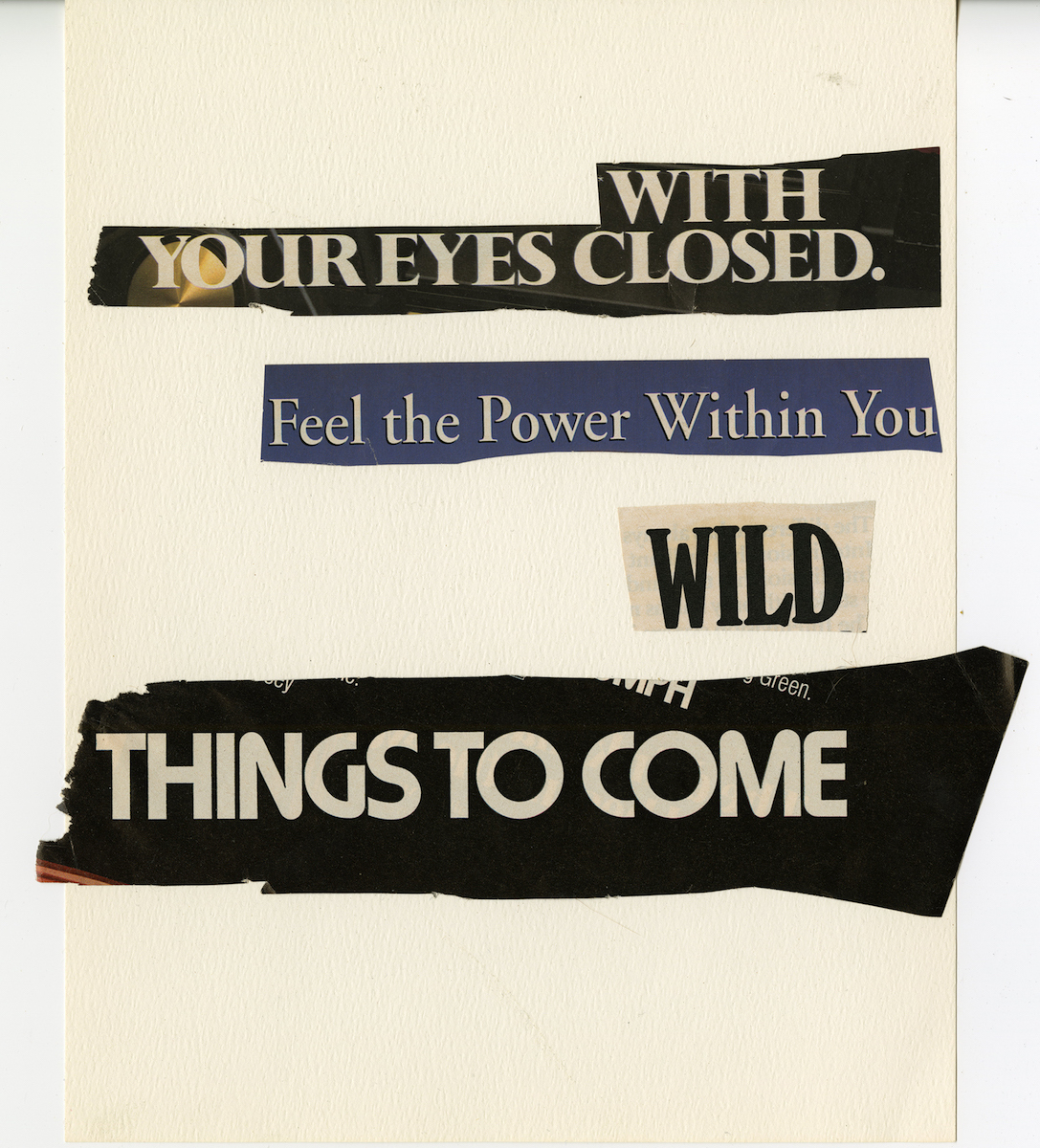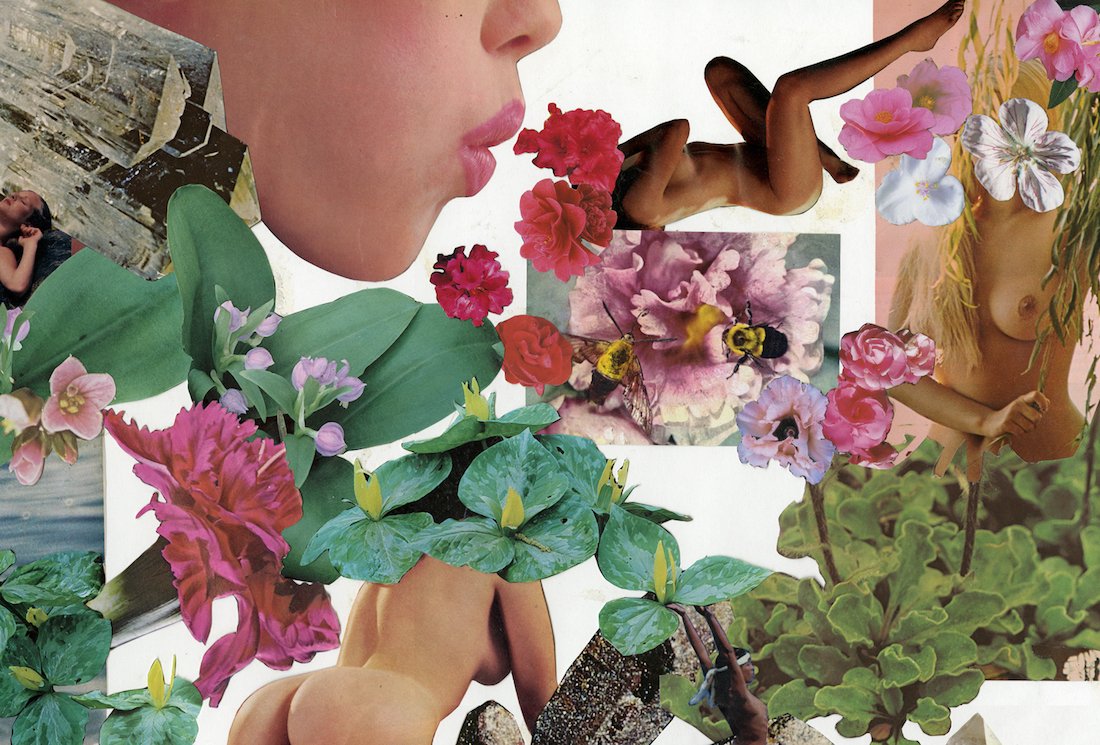Born to a family of artists, creativity has always been in Myla Dalbesio’s blood. And yet carving a career out for herself as an individual hasn’t been without its fair – or unfair as the case may be – share of challenges. “Over the years, working within the traditional art world structure has involved a lot of sucking up to powerful men, laughing off inappropriate comments or jokes and standing by while men try to explain the female experience to me in relation to my work,” said the model turned artist, “I’m sick of it.”
It is this self-awareness and sheer determination to challenge the status quo which has informed her most recent body of work. Inspired by Lauren Greenfield’s 2002 tome, Girl Culture, Myla travelled to her hometown of Wisconsin, for her latest project: an intimate look at female sensuality and the body through a series of text and image collages that centre around the experience of young women growing up in America. Fresh from her trip we talk to Myla about challenging gendered norms and empowering women through art.

You recently curated the show You Can Call Me Baby, at SPRING/BREAK, what was that like?
It focused on re-appropriating language, symbolism and thematic content that has been traditionally used to demean or devalue women, and are instead employing it as an empowering force in their art and life. Concentrating largely on sexuality and the body, the work in the show challenged and embraced accepted norms surrounding femininity and power dynamics within relationships. It was such a pleasure getting to work with so many awesome women and watch them create relationships with each other.
How would you describe your overall aesthetic?
My work deals with powerful feminine sensuality and the natural world (both seen and unseen). It is light and generally colourful, with a current of deep emotion and contemplation running through it.
What do you see as the main problem with the art world and what positive changes would you like to see moving forward?
If you speak out about the way a man in power is treating you, you run the risk of being excluded from his curation, shunned in his reviews, uninvited from his events. There’s an expectation that you’ll play along with their game and not challenge the status quo. I would love to see more women calling out these types of situations rather than brushing it under the rug out of fear. In a perfect world, I’d love for this kind of treatment not to happen at all.

Does do you think your gender plays into your art practice?
All art is in some way a self-portrait of its creator, so in that sense, gender plays an unavoidable role, as it directly contributes to one of the core facets of identity. But for many artists, their work does not directly involve their gender, outside of that assumed influence. Mine is deeply influenced by my relationship with womanhood and femininity, but that’s my personal interest and point of view. Just because you’re a woman doesn’t mean your art is about being a woman, just because you’re black you’re art isn’t necessarily focusing on civil rights issues.
A lot of your subjects are women, what exactly do you want to convey about the female experience?
Who knows? It’s evolving as I learn and grow, and my own take on my identity shifts. As a rule, I like to portray women in a beautiful, powerful, and truthful way.
How do you feel about the term “female artist” as opposed to just “artist”?
On principle, I find that adding qualifying descriptors encourages a “separate but equal” mentality. But, because I make work specifically from a female point of view, it doesn’t bother me personally. If my work dealt less with femininity as a subject matter, I might be more incensed.
How do you feel about the rise of all girl art collectives?
Whatever works for you, go for it. There’s power in numbers, and joining together with other women (woefully underrepresented in the art world) can help your voices to be heard. I personally like to work with women because I often feel more comfortable. In most cases we share similar life experiences and struggles working within the confines of a male dominated industry.

Is there a danger of ghettoising women?
For You Can Call Me Baby, I stuck with an all female curatorial perspective due to the subject of the show, but I do feel that constraining women to strictly female-centric shows is highly problematic, particularly for women whose work does not deal with gender identity in explicit terms.
Feminism has become part of the cultural conversation in a way it’s never before, why do you think it is?
It’s not that it never has before, feminism has been around since the women’s suffrage movement (and in theory, before that). As a movement it has gone through ebbs and flows in its role in mainstream culture. We happen to be in a time when the support and popularity is flowing. Part of this we can attribute to female celebrities and pop stars speaking out about their beliefs, (i.e. Beyoncé, Taylor Swift, Jennifer Lawrence, etc.), and part of it I attribute to the ease with which social media has allowed complete strangers to interact, and allowed consumers to essentially vote on who and what they find relevant and engaging. The populous has been given a voice in an unprecedented way, and with that comes dialogue about major issues affecting the masses (in addition to the selfies).
How does your art relate to your career as a model?
It’s all part of the same package. As a model, your most important tool is your body, meaning your relationship with and awareness of it is constantly at the forefront of your mind. It’s natural that that constant consideration and focus would influence the art I make.
What are your hopes and dreams for the future?
Close the pay gap. Keep Trump out of office.
Credits
Text Tish Weinstock
Myla Dalbesio is with NEXT Models
